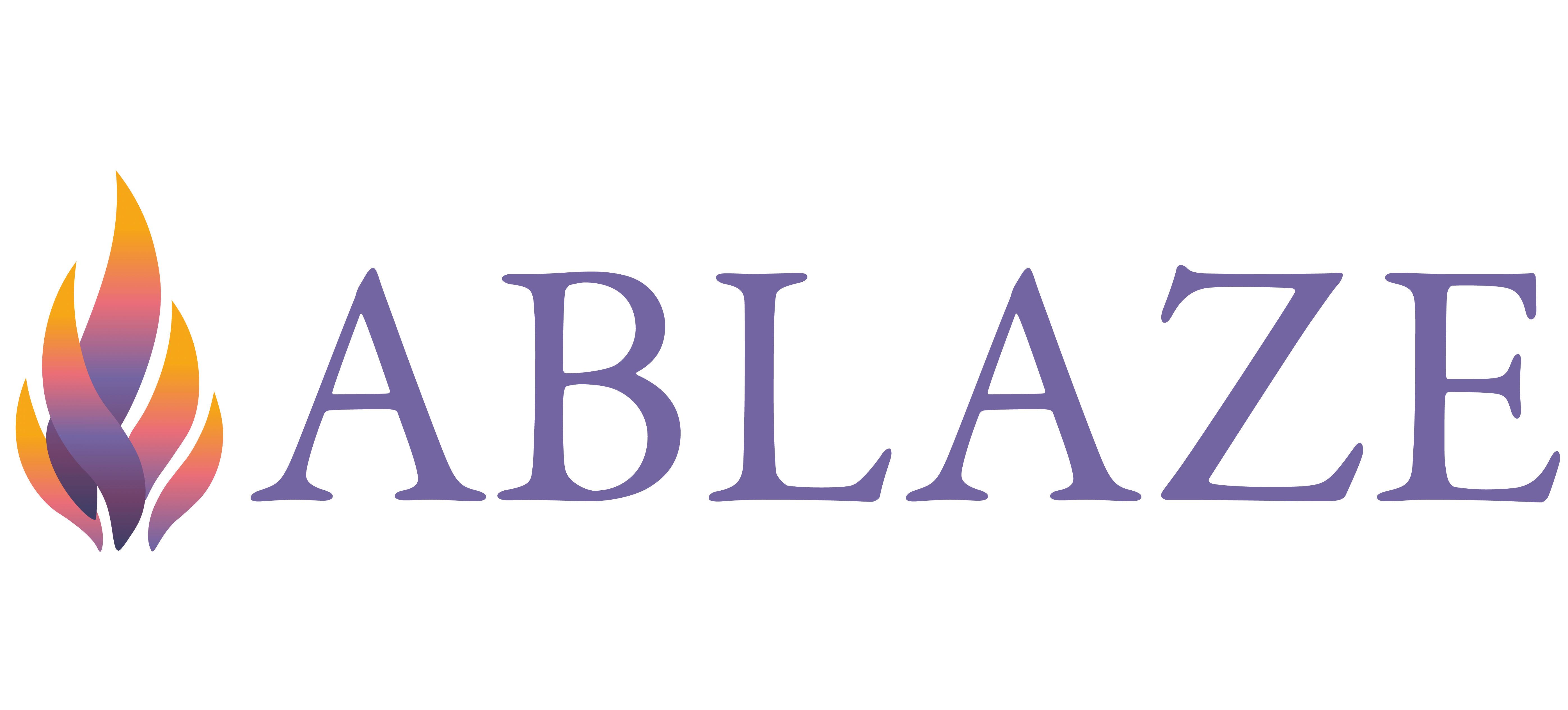Photo taken from Pexels
Self-defense classes and pepper spray: learn about the ways you can stay safe at UTK on a night out.
College is the time when many people live on their own for the first time, and with nightlife being a major draw for college students, it’s important to keep personal safety at the forefront of your mind. Walking or taking a driving service home alone can be dangerous, especially after the sun has gone down.
However, that is not to say that fears about your safety should keep you from going out at night. There are many steps you can take to keep yourself safe, as well as a variety of programs that UT staff has dedicated to your safety and well-being.
There has been some confusion on campus as to what personal safety devices are permitted on campus. First and foremost, according to the Student Code of Conduct, students are legally allowed to carry over-the-counter pepper spray-like chemicals and pocket knives, but not switchblades.
In addition, there is an amnesty policy in place to help students care for one another without the fear of being reprimanded for breaking the rules in the Student Code of Conduct, such as drinking underage.
Director of Student Conduct & Community Standards, Amanda Samsel, explains the amnesty policy further.
“In specific instances, a student may be provided amnesty if they reach out for help. These situations are addressed case by case. Police departments, including UTPD, do not have the ability to grant amnesty. However, law enforcement officers may exercise discretion in how they respond to an incident,” Samsel said.
In addition, UTPD offers a variety of different programs geared towards educating students and the community on how to defend themselves in situations where they may be at risk, such as at a party late at night. UTPD’s most popular program seems to be their Rape Aggression Defense (R.A.D) course, which teaches women self-defense techniques and tactics.
R.A.D is a free course designed for “the average woman with no previous experience or background in physical skills training,” according to UTPDs website. The R.A.D class is offered to the public, and through UT as a one credit hour course.
Students are also encouraged to download the LiveSafe app. The app allows other people to “walk” with you virtually if you are in any situation where you feel like that is needed. The app also allows direct communication with safety officials.
Sororities and fraternities are required to go through a variety of safety trainings to keep members and others safe. Hailey Flavin, assistant director for Harm & Risk Reduction, outlines the type of training that these organizations partake in.
“The bystander intervention training that organizations receive is scenario-based and walks them through a situation where someone could experience sexual assault, alcohol overdose, etc., so they are trained to know what resources to use in those situations. They are trained on the UT Amnesty Policy through this training, Sober Monitor Training and many others throughout the year so they are aware of the steps to take if someone is experiencing alcohol overdose,” Flavin said.
Overall, UT has many resources available for students who want to feel safer walking alone or want a better sense of how to protect themselves. However, UT’s reach does not stop at prevention.
You can do everything right, and still end up hurt. UT has developed a reservoir of resources for people in a situation where they need help. Sarah McCall, wellness coordinator, outlines some of the outreach that the Center for Health Education and Wellness is associated with.
“The Center for Health Education & Wellness (CHEW) collaborates regularly with the Office of Sorority & Fraternity Life (OSFL) to facilitate educational Alcohol and Other Drugs risk reduction and sexual misconduct prevention workshops to the UTK Greek community. CHEW also offers a range of workshops by request for the campus community. With enough advanced notice, CHEW is happy to consult with individuals to develop customized workshops that address needs and issues specific to their community,” McCall said.
The Office of Title IX is a resource to help with sexual assault and discriminatory practices that you might encounter to get you to the right place, and despite its criticisms, the counseling center is also there to help.
McCall also offers some advice to students going out at night and to parties.
“Consider how alcohol and substance use choices may conflict with values and interests, such as taking care of our community, spending quality time with friends, staying physically fit, doing well in school, etc. If you choose to drink or use other substances, consider harm reduction strategies to make sure that you aren’t putting yourself or your friends at risk of experiencing negative consequences. Most importantly, we should embody the mantra ‘VOLS HELP VOLS’ wherever we go. When it comes to partying, make sure that you are with people who you trust, agree to watch out for one another, and make plans to stay safe in advance,” McCall advised.
In the end, you are not alone when it comes down to dangerous and unpleasant situations because UT offers a variety of programs and departments dedicated to prevention and helping you heal.
It’s great to have fun, but it is important that you take the necessary steps to ensure that a night out doesn’t come at the expense of your safety and well-being.





